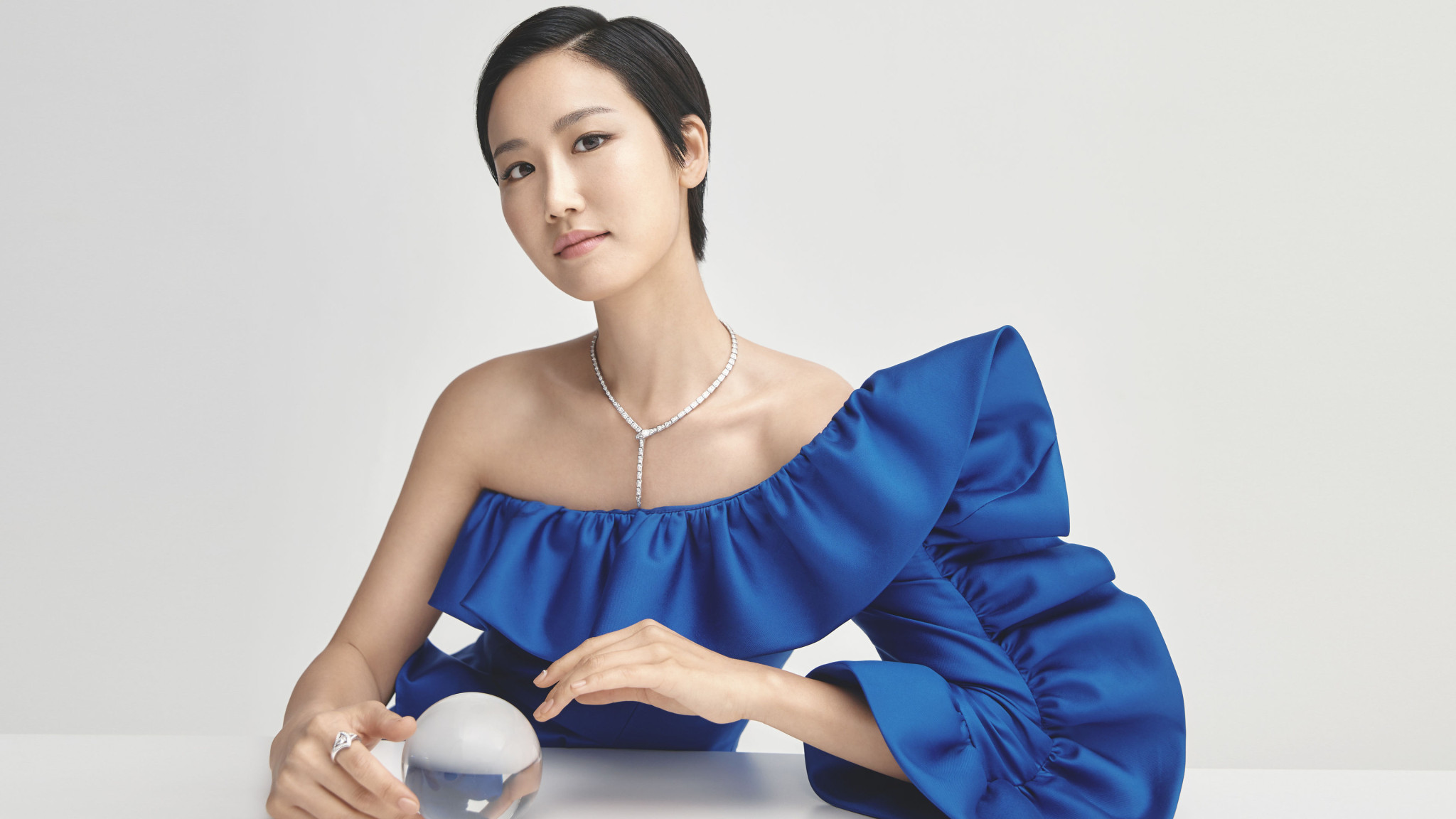Hera Hyesang Park releases her debut album on DG

We announce the debut album from recently signed Deutsche Grammophon artist Hera Hyesang Park. The album “I Am Hera” is available to download and stream today, November 6th.
Describing herself as a nomad and free spirit, Park is determined to follow her own path as she travels the world, challenging cultural, racial and gender stereotypes along the way. Her fascination with the issue of personal identity is determining the choice of repertoire for her forthcoming first album. Collectively representing her lyric coloratura voice and understanding of her art, her selected works will also be linked to key episodes in her life and career so far. She hopes this musical self-portrait will speak to a wide audience.
Park said: “Creating my debut album for Deutsche Grammophon has proven to be a process of self-discovery. I want to see what might be hidden beneath the protective layers in which we all need to clothe ourselves. This recording will let me show who I am and share the music I love in the most direct and simple way possible.”
Three short words speak volumes in the title of Hera Hyesang Park’s Deutsche Grammophon debut album. I am Hera, set for release on 29 January 2021, captures the directness and authenticity of the 31‑year‑old South Korean soprano’s performances. Created in company with the Wiener Symphoniker and Betrand de Billy, her recordings reveal the soul of an expressive, free-spirited artist. Hera’s album comprises arias by Bellini, Gluck, Handel, Mozart, Pergolesi, Puccini and Rossini together with music from her homeland. Each work relates to a key moment in the life and career of one of today’s most engaging young singers.
I am Hera charts the remarkable rise of an artist hailed by Opera News as “a born performer”. In recent seasons Hera Hyesang Park has garnered rave reviews for standout performances at the Komische Oper Berlin, Glyndebourne Festival and Bayerische Staatsoper. These followed naturally from her apprentice years as a student at Seoul National University and New York’s renowned Juilliard School of Music and as a member of the Metropolitan Opera’s prestigious Lindemann Young Artist Development Program. She signed an exclusive agreement with Deutsche Grammophon in May 2020 and recorded her debut album programme in Vienna soon after.
“I dared to dream of this contract with Deutsche Grammophon,” Hera recalls. “It really made me think about what I should do on the album and how I should make sense of such a huge opportunity. I wanted this recording to show who I am, without hiding behind those layers that we all use for protection.”
She was determined to include works conveying a wide range of emotions, and I am Hera contains songs of despair, love, triumph and hope. As well as covering some of the most significant roles and operas in her career to date, the album also includes music by South Korean composers, representing the culture and traditions that mean so much to her. The process of recording under studio conditions at Vienna’s Konzerthaus gave her freedom to experiment but not for experiment’s sake. She approached the score of each song and aria with humility and total respect, allowing her own character to emerge freely through the music.
Hera opens her recital with an impassioned reading of Euridice’s anguished “Che fiero momento” from Gluck’s Orfeo ed Euridice – in which she played the role of Amore to great acclaim at the Metropolitan Opera in 2019. She expresses with equal power the fear and sorrow that characterise Cleopatra’s expansive lament “Se pietà di me non senti” from Handel’s Giulio Cesare. Hera chose to sing another of Cleopatra’s arias for her New York Philharmonic debut in 2016, when she appeared as soloist in one of the orchestra’s Young People’s Concerts. Her next major role in New York will be Pamina in Mozart’s Die Zauberflöte, when she returns to the Met in December 2021. On I am Hera we can hear the pain of perceived betrayal in every note of “Ach, ich fühl’s, es ist verschwunden”.
By contrast, Hera brings lightness and wit to a series of other roles that have particular meaning for her, including Rossini’s Fiorilla and Rosina. Having made her North American debut as Fiorilla for Juilliard Opera’s 2014 production of Il turco in Italia, she scored a major hit at Glyndebourne five years later as Rosina (Il barbiere di Siviglia), prompting The Times to declare that she had “made [the role] her own”. In “Una voce poco fa”, Hera presents the irrepressible Rosina as very much mistress of her own destiny, and brings a similar strength of character to four other women who know their own minds: Mozart’s Susanna, Zerlina and Despina, and Serpina from Pergolesi’s La serva padrona.
I am Hera also embraces the singer’s spiritual side, not least in Un-Yung La’s sublime setting of Psalm 23 which, she says, stands for her core values and the importance of remaining courageous in difficult times. Along with Joowon Kim’s beautiful and dramatic “Like the wind that met with lotus”, this setting reflects her love of the music of her native South Korea, and her understanding that her roots, assimilated now into a wider, cosmopolitan outlook, are vital to her sense of identity.
“I felt a responsibility to treat this album as part of a much bigger exploration of myself,” says Hera. “I’d already discovered that the more I try to become a different person, the more I realise it doesn’t work. So I came to be more authentic on the stage and in my singing by being truthful to the score. It was very scary to do that in front of the microphone for the first time, but I felt so supported by everyone involved. Now I want people to feel and share the energy of the music I love.”
